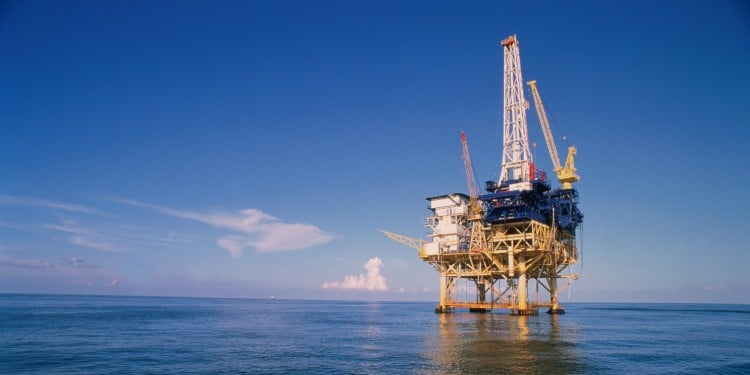The European Union seeks to hastily find alternatives to what it called the Kremlin’s “weaponization of energy” following Russia’s invasion of Ukraine. Last September, German Chancellor Olaf Scholz visited Saudi Arabia, the United Arab Emirates (UAE) and Qatar to roll out the red carpet to these Middle Eastern gas exporters to deepen their position in the world’s largest trading bloc.
Highlighting the dependency on Russian energy, the International Energy Agency (IEA) published a report on “A 10-Point Plan to Reduce the European Union’s Reliance on Russian Natural Gas” as the European Union imported an average of over 380 million cubic metres (mcm) per day of gas by pipeline from Russia in 2021. The report clearly points out that the EU should immediately increase near-term LNG inflows by some 60 bcm, compared with the average levels in 2021. This reality leads the region to the Middle East LNG market as the timely procurement of LNG can be facilitated by enhanced dialogue with LNG exporters in the Middle East countries such as Qatar and UAE.
Energy independence of EU
The current energy war between Russia and Europe has also had widespread consequences for global liquefied natural gas (LNG) markets and the war itself leads EU to cooperate with the Gulf countries on the LNG transfer.
In 2022, as an alternative source to gain energy independence against Russia, European countries have successfully attracted an estimated 53 billion cubic meters (bcm) of incremental LNG supplies representing over four times the LNG demand of Japan after Fukushima. On the other hand, the continents’ decarbonization goals of by 2050 mean that companies (and countries) are hesitant to make long term commitments to sign the large volumes of LNG contracts with the Gulf countries.
Within the framework of the net zero target, Europe would like to contract clean LNG for 10 years to avoid being stuck with LNG volumes in the late 2040s. Therefore, German economy minister Habeck recently discussed LNG supply with Qatar for an eight-10-year contract. Also, Germany announced to receive first Middle Eastern LNG, from UAE’s Adnoc. On the contrary, the biggest dilemma for the European stakeholders is how to ensure security of gas supplies while decarbonizing the energy system.
EU and Middle East are also cooperating on green energy. In the medium and longer term, Europe’s transition from fossil-based economies to renewable energy could be increasingly bound to a vigorous development of clean energy production in the Middle East region. With the EU’s established ambitious climate and energy policy targets; reducing greenhouse emissions by 2030 by more than half vis-à-vis 1990 levels and achieving carbon neutrality by 2050, the region has lots of potential such as solar and wind energy as well as hydrogen to become the saviour of EU.
During COP27, the Sustainable Electricity Trade (SET) MoU signed by Morocco, Spain, Portugal, France and Germany to promote cross-border trade corporate green energy further highlights the acceleration of the MENA region integration in the energy sector.
The move towards renewables in MENA is accelerating. Morocco, for instance, aims to have 80% of its total electricity generation capacity from renewables by 2050. According to the World Bank, this trend, boosted by European investment deals for clean energy production in the region has the potential to not only increase GDP in the MENA countries involved, but also provide much needed jobs.
Win-win situation
As I highlight in my newly published book “The Renaissance of Smart Energy”, the Middle East region is more than the Syrian war or visits to Dubai for super-posh expensive shopping. Undoubtedly, the region has huge potential for green investments for European countries.
The energy cooperation path remains clear for the building of trust in order to achieve progress on the environment in 2023 between Europe and the Middle East. The Middle Eastern countries must however unite to combat climate-change and the energy oligarchs in order to build a strong alliance that supports European energy independence. There can be no losers in this scenario. It can only be a win-win situation.
The current challenge of Europe on clean energy and Russian energy supplies creates a unique opportunity to draw the countries of the MENA region into a nexus of trade, growth, and peace, while at the same time pushing forward the transition to renewable energy. It is a win-win opportunity that we must not let slip away.



















